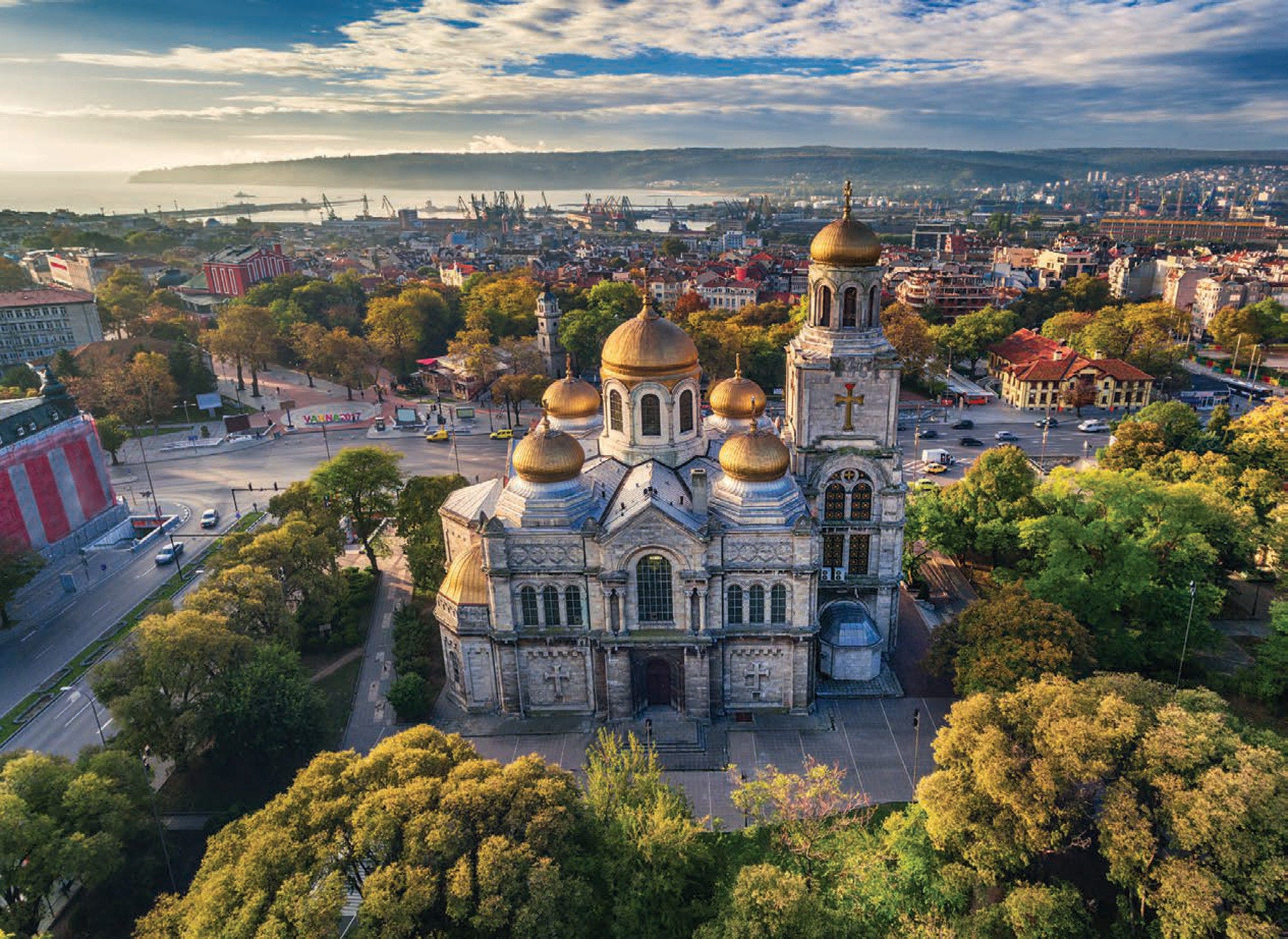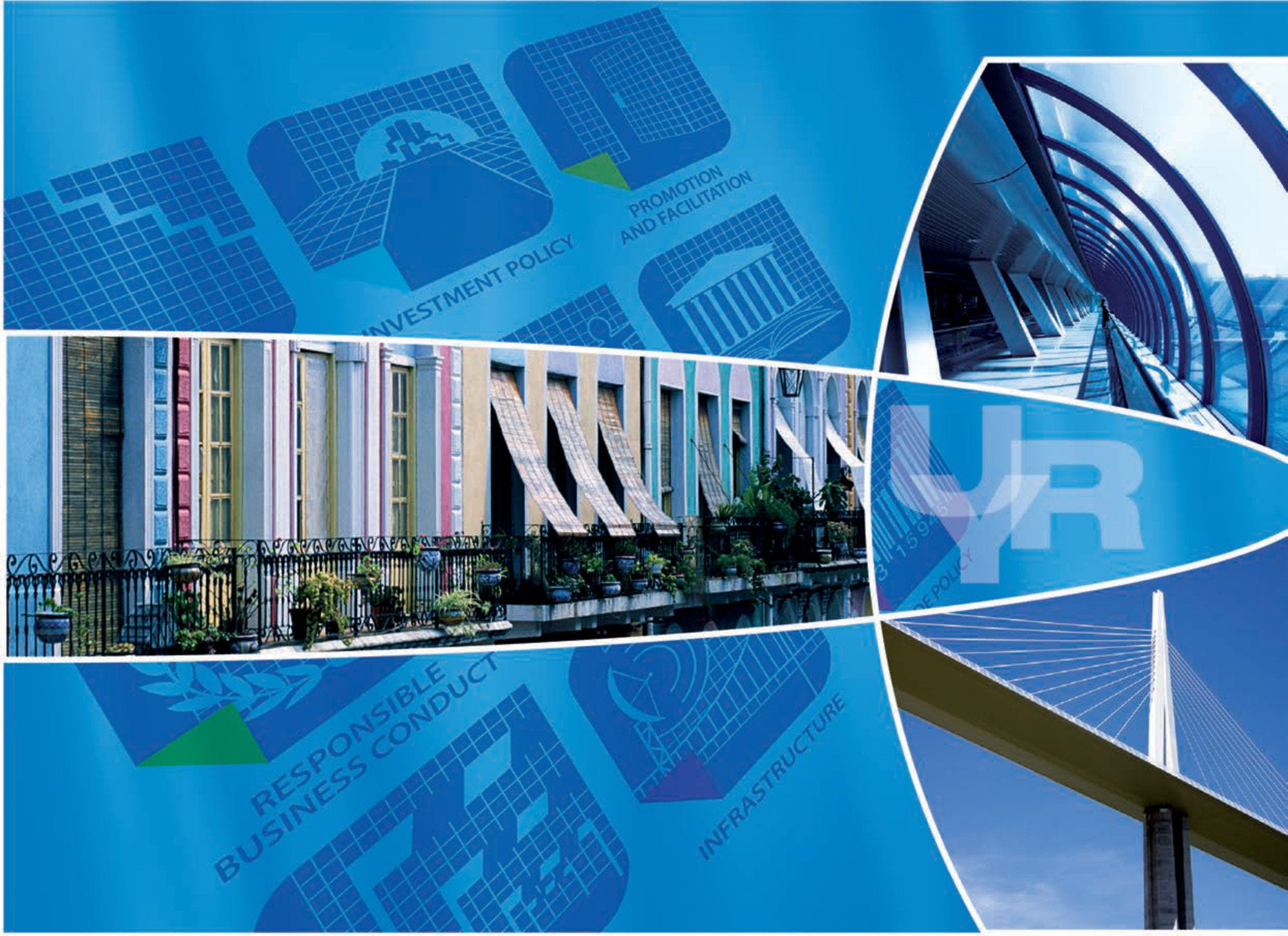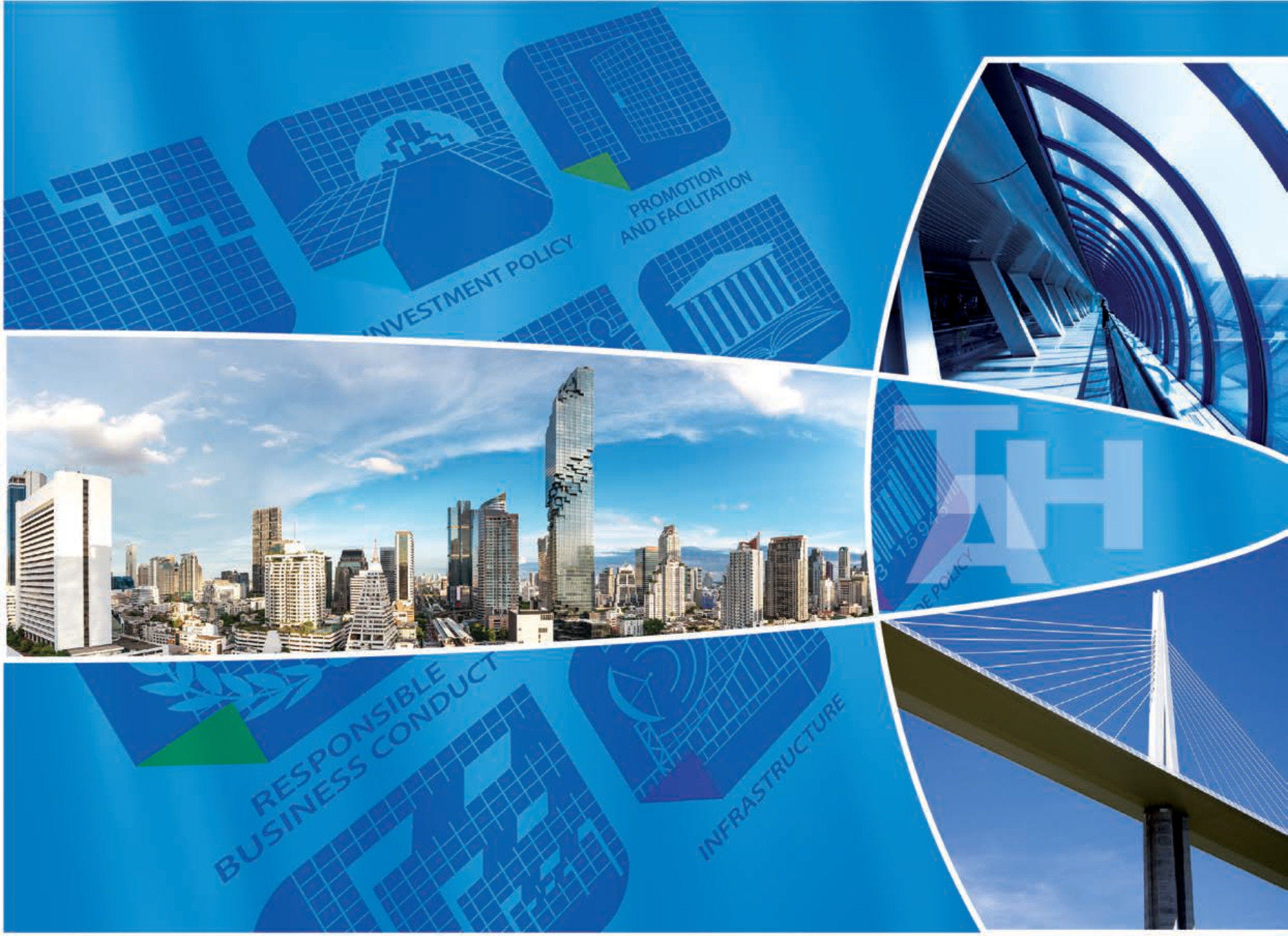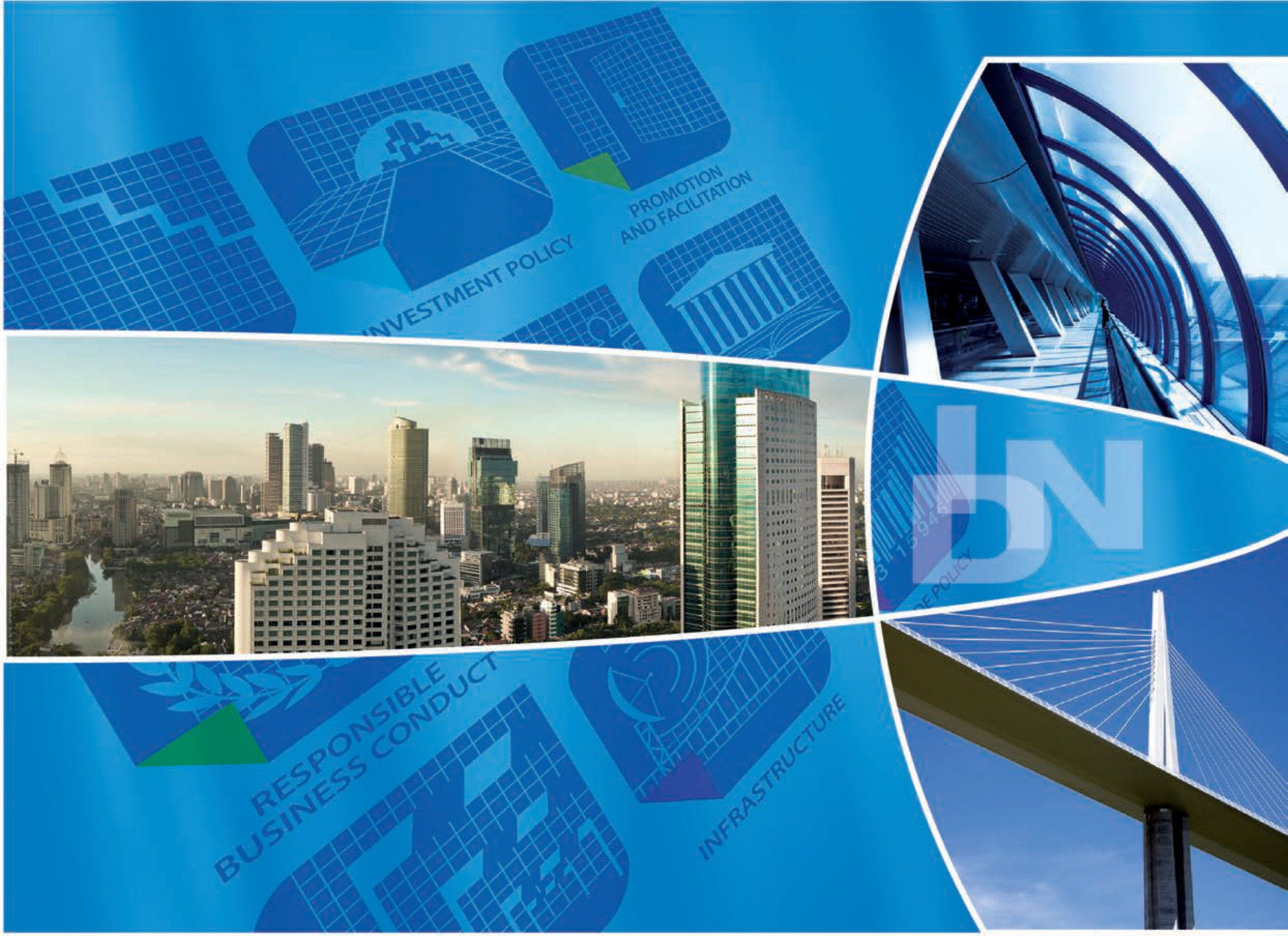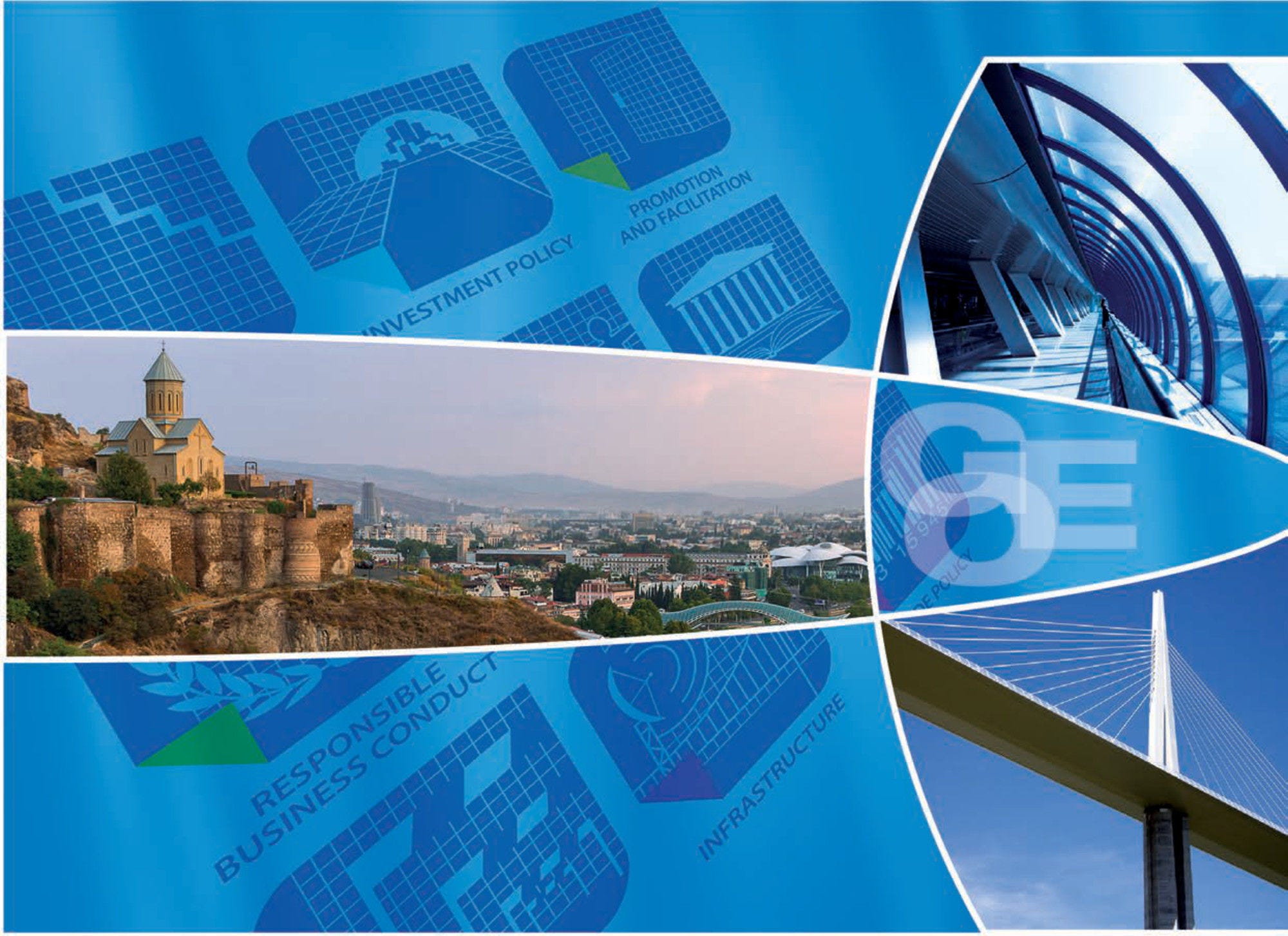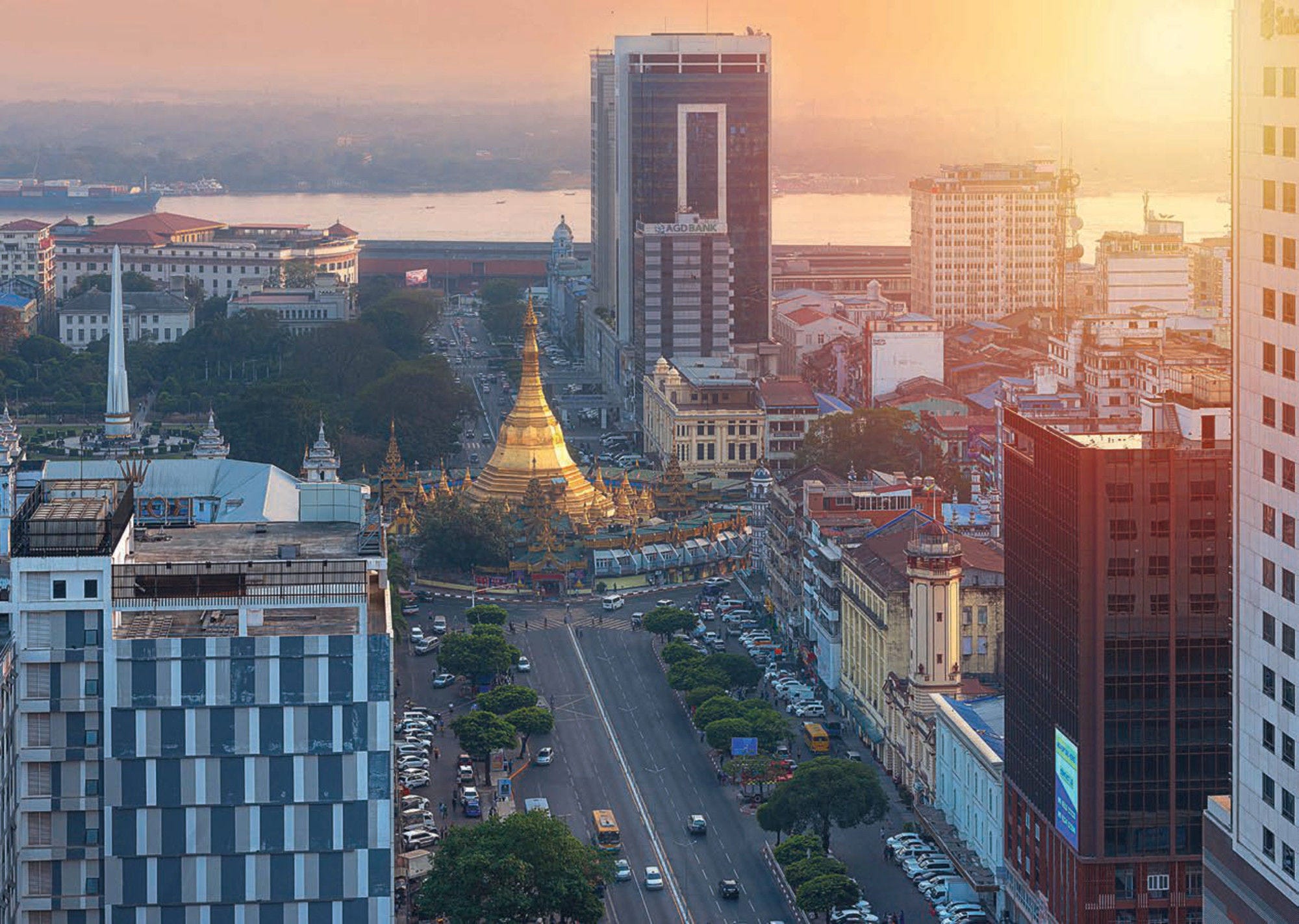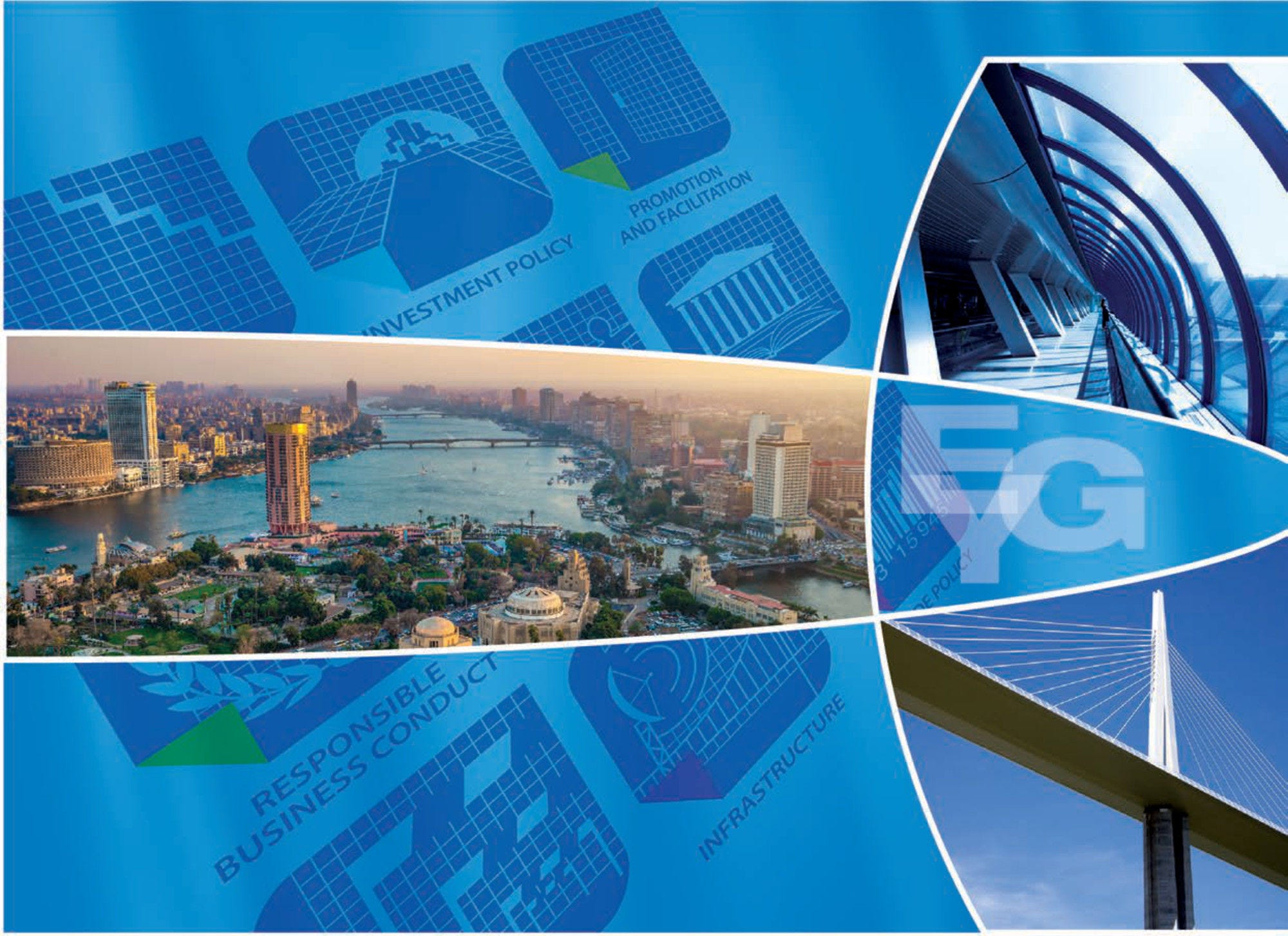This second OECD Investment Policy Review of Morocco assesses Morocco's domestic and foreign investment climate, as well as the challenges and opportunities facing the Government of Morocco in its reform efforts. The review draws on the OECD Policy Framework for Investment, the OECD FDI Qualities Policy Toolkit, the OECD Guidelines for Multinational Enterprises and other instruments under the responsibility of the OECD Investment Committee. It explores the trends and impacts of foreign direct investment on Morocco’s economy and society. It analyses the legal and institutional framework for investment, as well as measures to promote responsible business conduct. The review also focuses on how investment can support two priority levers of development in Morocco: regional development and digitalisation.
OECD Investment Policy Reviews: Morocco 2024 (Abridged version)

Abstract
Executive Summary
Under the leadership of His Majesty King Mohammed VI, Morocco has made remarkable economic, political and social progress over the past two decades, raising living standards and reducing poverty. Building on the major structural reforms undertaken at the turn of the century, Morocco has since taken great strides to diversify and modernise its economy and reform its public institutions. Significant improvements in the business climate and infrastructure, combined with macroeconomic and political stability and a strategic geographic location, have stimulated investment and growth in the high-productivity sectors of global value chains. The opening up of Morocco to foreign direct investment and its growing and continuous integration into global value chains have enabled it to emerge as one of the most attractive destinations in the region.
Morocco nevertheless acknowledges the need to encourage a more sustainable and inclusive economic and social development trajectory, and is therefore actively working to further strengthen its investment climate by introducing a new reform dynamic. Indeed, the territorial distribution of foreign direct investment in Morocco reflects the strong social and economic disparities that exist between the country's regions. While the benefits of investment are currently focused on certain specific economic zones or sectors, Morocco is working to increase more balanced distribution and to stimulate job creation for a growing active Moroccan population. The public sector continues to account for two-thirds of investment, while there are still entrepreneurial challenges and gaps in the development of local skills. Increased foreign and domestic private capital formation is essential to address these gaps and achieve higher and more sustainable levels of growth.
To this end, in 2021, a special commission drew up a comprehensive proposal for a New Development Model, containing policy recommendations and concrete reforms. In accordance with the high royal instructions of the King, the government is seeking to stimulate private investment to achieve these objectives and thus drive productivity growth, develop skills, create jobs, and promote innovation, digital transformation, regional development and the green transition, all of which are essential development objectives.
With this in mind, Morocco has resolutely focused on introducing modernised investment laws and regulations. The adoption of the new Investment Charter in 2022, following the launch of the New Development Model, is spearheading this effort and aims to breathe new life into Morocco's investment climate. Emphasising for the first time the principle of non-discrimination with regard to investment, it aims to maximise the impact of investment, particularly in terms of stable job creation, equitable regional development, and giving priority to sectors that are key to the national economy and to sustainable development.
The sustained pace of reforming business legislation has also played a major role in making Morocco an attractive and secure destination for foreign investment. These new laws provide investors with a modern framework that is conducive to investment. The introduction of a new model bilateral investment treaty in line with the most recent international practices, as well as the simplification, dematerialisation and devolution of investment-related administrative procedures, also represent significant progress in establishing a robust, transparent and coherent regulatory environment for both domestic and foreign investors. Morocco has also initiated major reforms to support the country's digital transformation and attract investment in the digital economy.
As part of this drive, the Moroccan authorities have revised their institutional framework for promoting and facilitating investment to give it fresh impetus. The creation of the Ministry of Investment, Convergence and Evaluation of Public Policies (MICEPP) is designed to give strategic and horizontal importance to investment policy. Morocco has set up a National Investment Commission and created both a new unified and regionalised investment governance system. At the national level, the Commission consists of the Moroccan Investment and Export Development Agency (AMDIE), under the supervision of the new ministry. At the sub-national level, activities are supplemented by the Regional Investment Centres which, since May 2023, have reported to the Head of Government, who has delegated some of his responsibilities to the MICEPP.
These structural reforms, which are part of a roadmap for improving the business environment 2023-2026, launched in March 2023, have already enabled more coherent policies, more integrated national strategies for investment and regional development, and a more inclusive national and sub-national governance framework for investment. Continued implementation of the Investment Charter and of advanced regionalisation reforms should help to improve the local business climate and thus make the regions more attractive to foreign and domestic investment. Morocco is also committed to ensuring that the economic development of domestic and foreign investment does not undermine social and environmental progress and contributes to the country's sustainable development. Accordingly, since adhering to the OECD Declaration on International Investment and Multinational Enterprises in November 2009, Morocco has also worked to develop policies conducive to responsible business conduct. The work and effectiveness of its National Contact Point is a benchmark in the region. The momentum of these reforms must therefore be maintained and expanded so that the benefits of recent improvements to the investment climate can be widely shared and contribute to achieving the country's sustainable development objectives.
To this end, the government has the opportunity to further strengthen its policies in support of a solid and transparent investment climate, and in favour of more sustainable and inclusive growth. The authorities could consider complementary initiatives to improve the business climate, in particular by modernising the laws on expropriation and land tenure. In its efforts to attract investment, the government could also be more proactive in targeting investments with a high socio-economic impact, including in sectors that are low-carbon, digitally intensive and generate inclusive, high-quality jobs. It will also be necessary to secure the commitment of public institutions, at national and regional level, by providing them with adequate financial resources and building the capacity of public officials so that they can effectively implement the ongoing reforms. The challenge is also to ensure that these policies are adopted by businesses and society as a whole. It is therefore essential to support investors and consumers, and to raise their awareness of the new policies, growing digitalisation, and the improved and decentralised governance of investment policy. In the same vein, the government must continue its efforts to improve the coherence of national and sub-national strategies for investment, regional development and sectoral plans.
In the same series
Related publications
-
 26 June 2024
26 June 2024 -
 13 December 2022
13 December 2022

